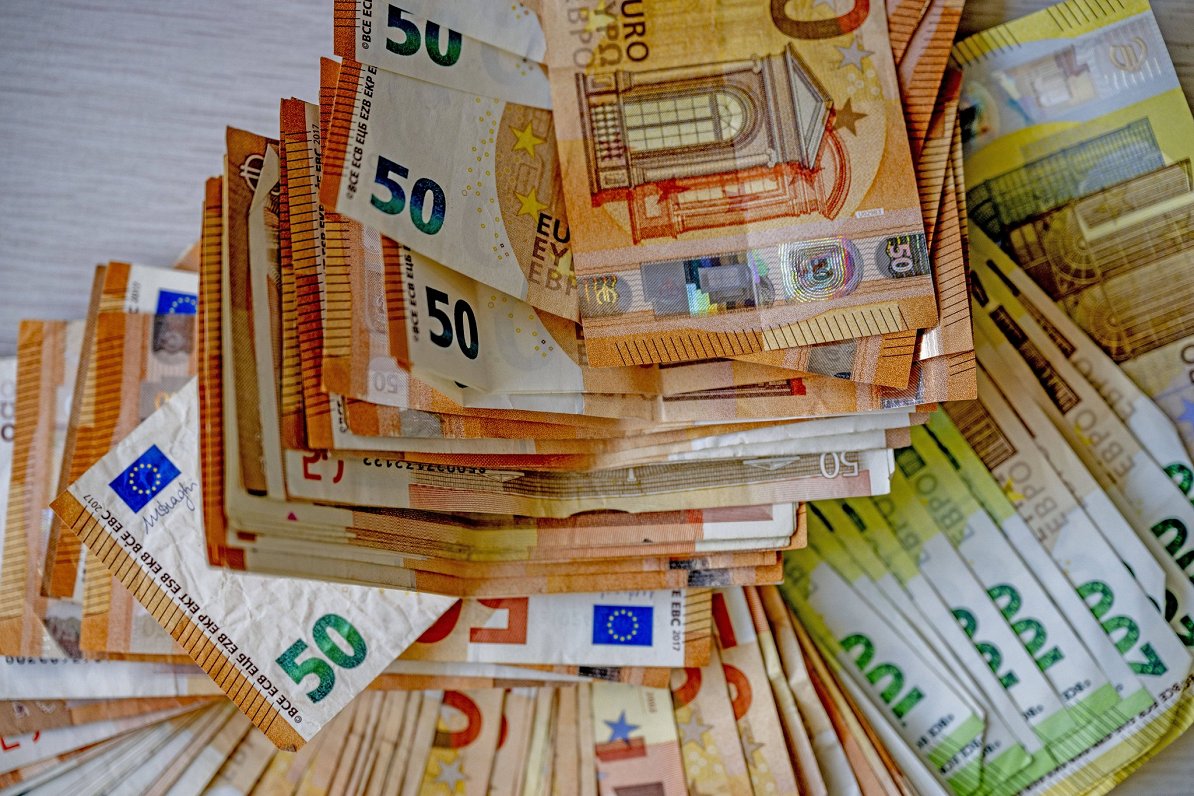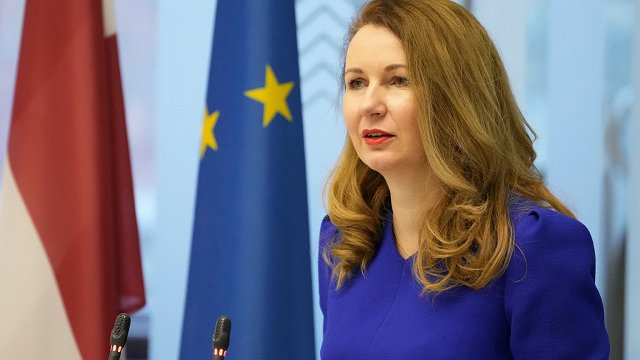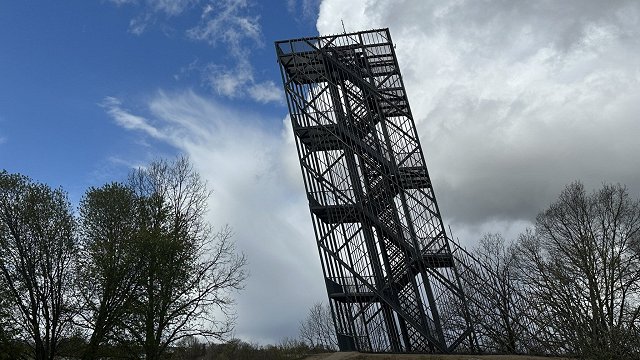In the second quarter of this year, the average gross salary or pre-tax salary reached €1,362 and was 8.3% higher than a year ago. The average post-tax salary is nearly €1,000. However, inflation climbed to 16.4% in the second quarter of the year, so purchasing power has fallen by nearly 8%. Lower-income earners will be most affected by the current trends.
Bank of Latvia economist Andrejs Migunovs said: "The increase in wages is quite rapid, it would be quite positive in stable times, but for the time being, as everyone knows, inflation is almost twice as high as the increase in wages, so it is eaten away. Actual wages are declining. What will happen to inflation is not yet known. In the winter season, the situation will be clearer. Improvements could come closer to 2023."
In the agricultural, forestry, fisheries, arts, entertainment, and recreation sectors, as well as the transport and storage sectors, wage growth has been between 12% and 15%, while wages have even doubled in the financial, insurance, and healthcare sectors. Meanwhile, the incentive factor for wage growth is the low unemployment rate, which continued to fall in the second quarter.
The increase in wages is likely to be felt in less than a year, according to the chief economist of Luminor Bank Pēteris Strautiņš: "I think that in the second half of next year, absolutely most of the Latvian workers will already enjoy the real increase in wages because at that point prices will either stabilize or very likely fall. Prices can fall for very many and different reasons."
Mainly, price changes will be affected by developments in the gas market, the economist said. In this context, the commitment of government representatives to review and extend state aid measures to offset the increase in energy costs is essential, Strautiņš said.
“Let's say if we ask, can the state afford it? In principle, it can. In 2020, when the pandemic began, Latvia's gross domestic product (GDP) was less than €30 billion. Just over €30 billion last year. Next year, according to the Ministry of Finance and other forecasts, Latvia's GDP will be above €40 billion. Such GDP growth means that the government budget will be about 3 billion higher. So yes – the state can afford it,” Strautiņš said.
Unemployment currently has slipped to 6%, and unless the economy is in recession in the winter, the sharp rise in prices will put pressure on wages to rise, Citadele economist Mārtiņš Āboliņš said. According to him, this pressure will be more pronounced in the public sector, where average wages have grown less.




























